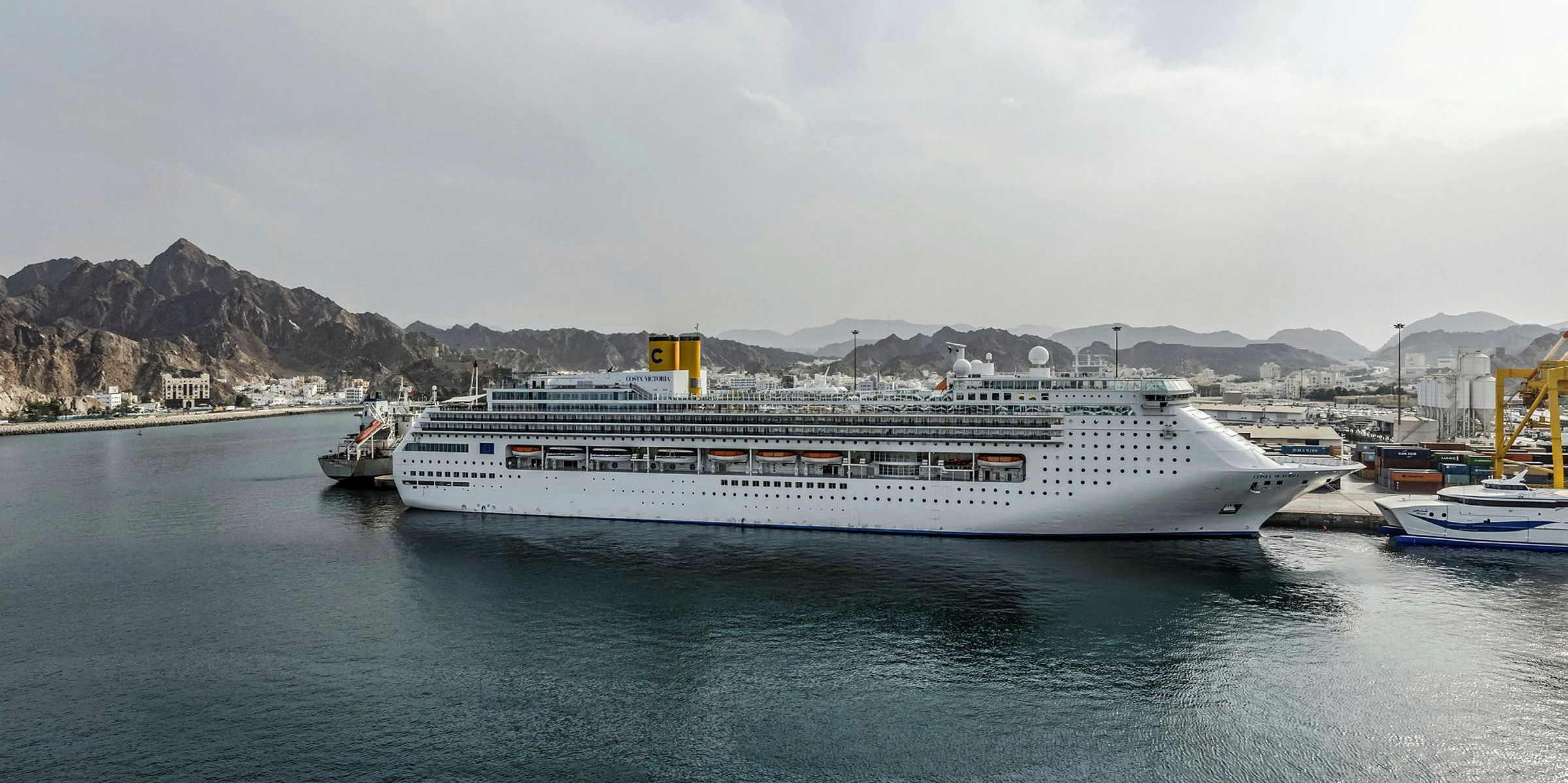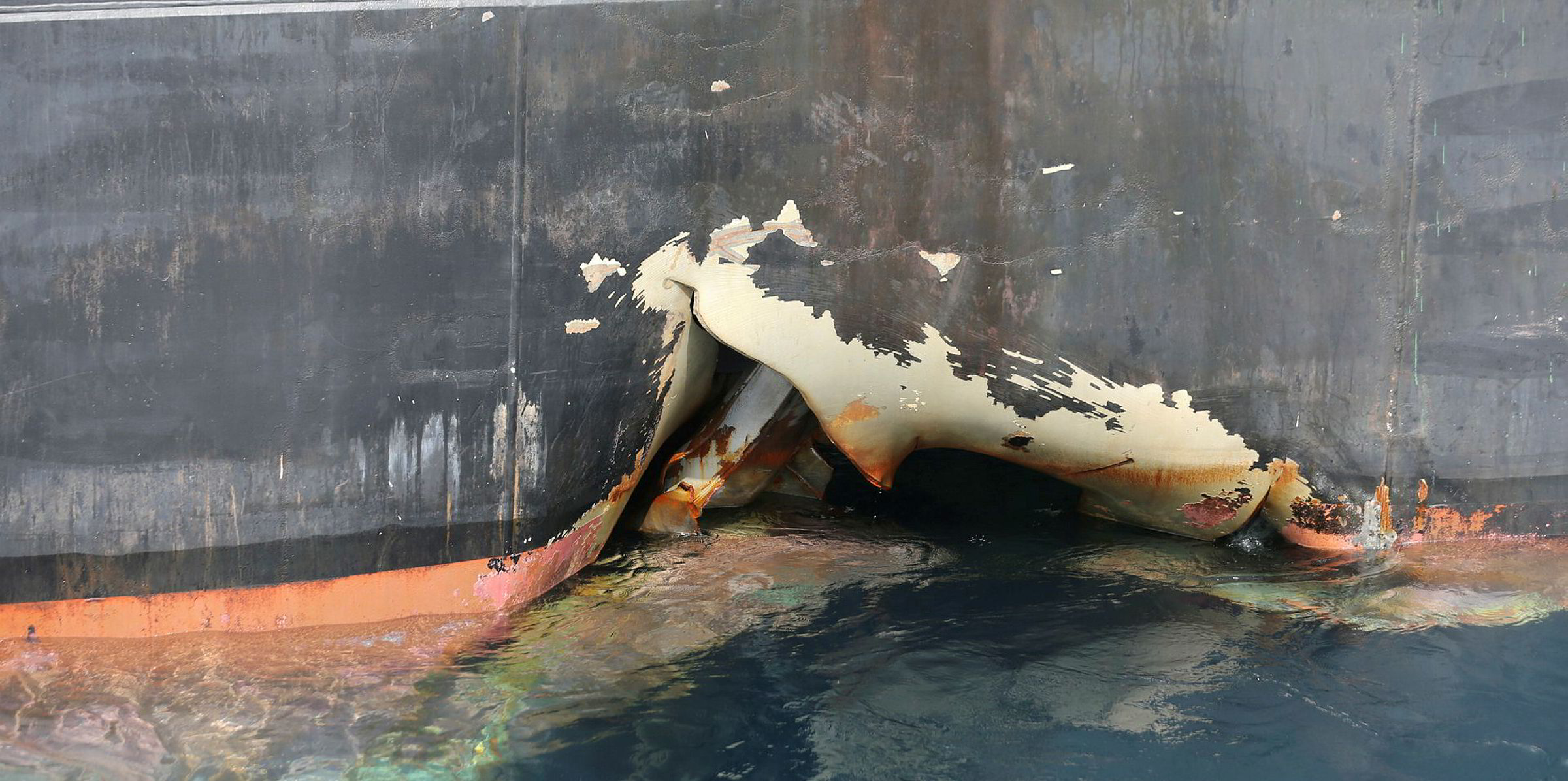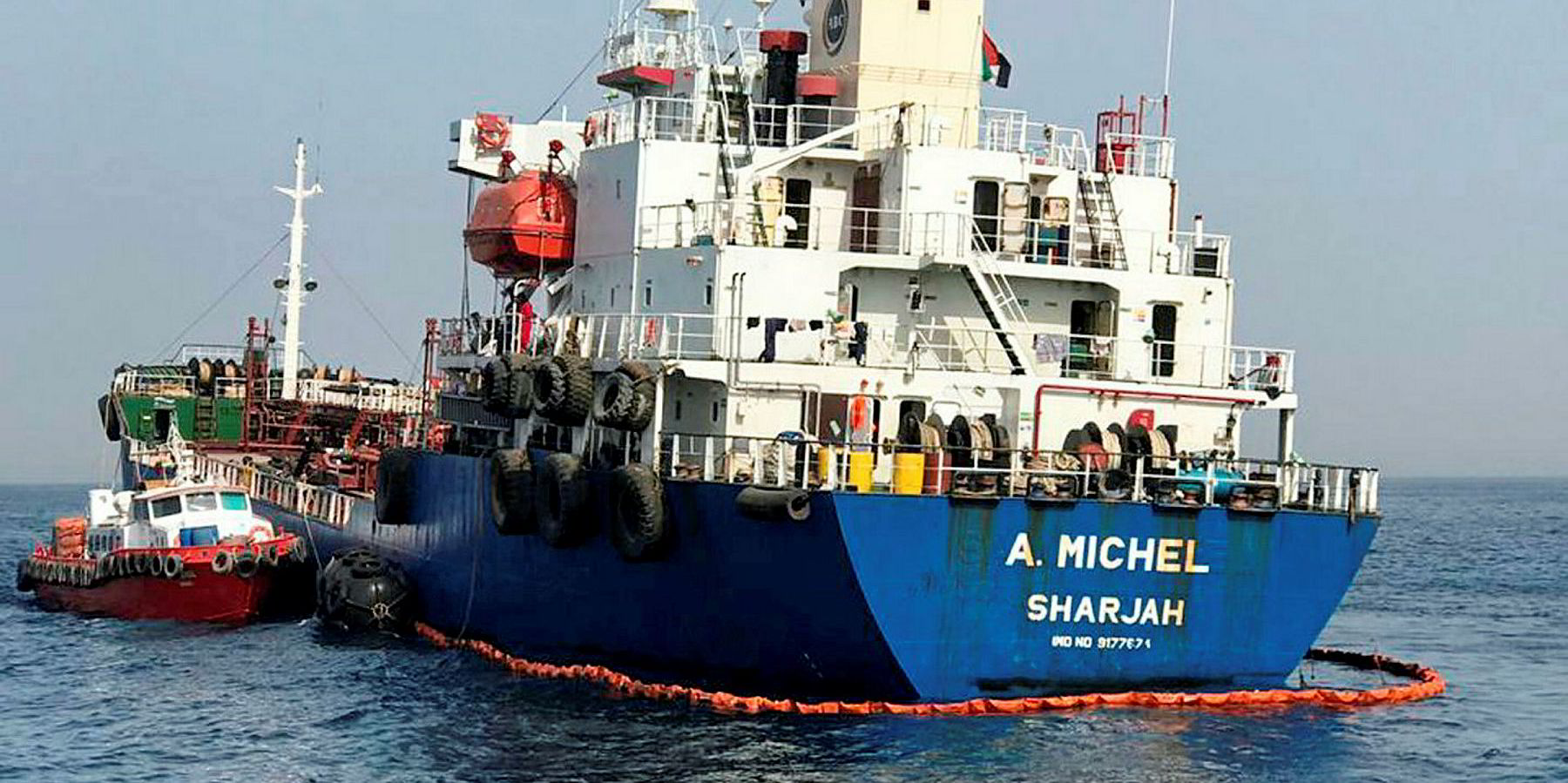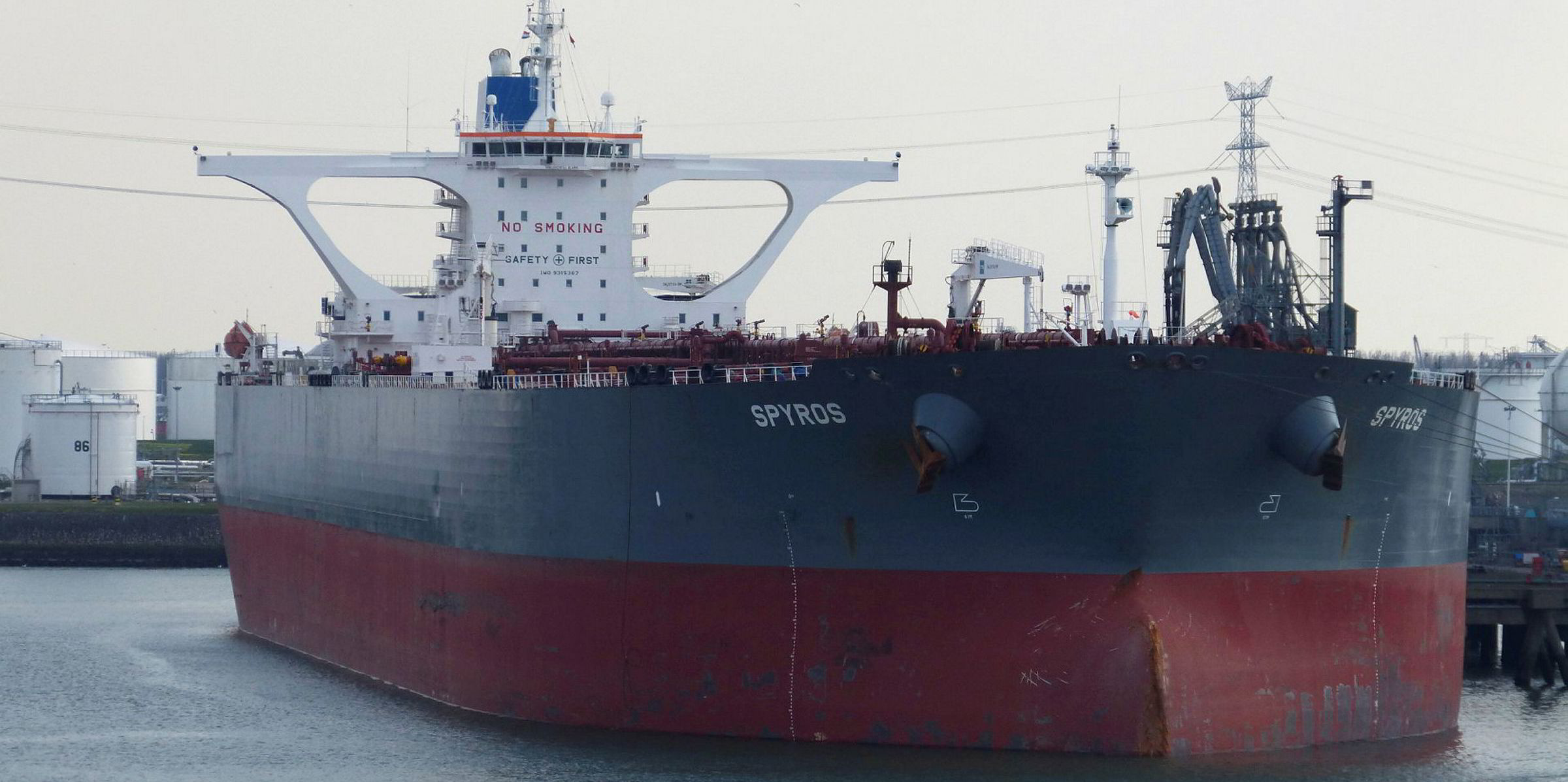Cruise lines are monitoring the Middle East as recent escalations in regional tensions, together with the attacks on at least four tankers off Fujairah, threaten to have a detrimental effect on future cruise programmes.
The cruise industry, perhaps more than any other shipping sector, is extremely sensitive to world affairs. Customers are quick to cancel or avoid voyages where trouble is perceived to be brewing.
Each winter, the cruise terminals in Dubai, Abu Dhabi and Muscat become the home ports for about a dozen cruiseships. Many others call as part of longer-ranging voyages in the Indian Ocean.
High-risk territory
Those cruise terminals could be sitting unused in the future if passengers are scared off from the region.
From a practical standpoint, it does not help that this week the London insurance market’s Joint War Committee (JWC) extended the high-risk area for shipping to include Oman, the United Arab Emirates (UAE) and the Middle East Gulf west of longitude 58°E.
Cruise lines contacted by TradeWinds were reluctant to say if there was a chance they might cancel their cruises in the region for the 2019/2020 winter season, which is not unexpected given that the slightest hint of a cruise programme being cancelled is bad for bookings.
They stressed that they are monitoring the security situation.
Carnival Corp, Royal Caribbean Cruises and Norwegian Cruise Line Holdings all send ships through the Strait of Hormuz, which lies at the centre of the high-risk zone amid the UAE, Oman and Iran.
It is our responsibility as a cruise line to take people to safe destinations
Gavin Smith
Security protocols

Gavin Smith, Royal Caribbean's senior vice president of international, told TradeWinds that his company has security protocols in place to protect its ships, and its global security team is keeping a close eye on developments.
Middle East countries from which Royal Caribbean offers cruises include Bahrain and Qatar, and the emirate of Abu Dhabi, according to its website.
When asked if Royal Caribbean had experienced cancellations or a drop in bookings, or whether there was a strong chance that it would pull its ships out of the Middle East, Smith preferred to speak in more general terms.
“It is our responsibility as a cruise line to take people to safe destinations,” he said.
He added that if, in the event that Royal Caribbean had to cancel any Middle East cruise programmes, it would have little impact on the company.
He described the Middle East as being only a very small percentage of Royal Caribbean’s overall business.
Negligible impact
Carnival's Costa Cruises lists the UAE cities of Abu Dhabi, Dubai and Fujairah, and Oman's Khasab, Muscat and Salalah, as ports of call or departure on its website without including actual itineraries.
Norwegian Cruise Line's website shows several three-week cruises that visit these Middle Eastern cities as part of itineraries that also make stops in India, Sri Lanka, Malaysia and Singapore.
"In the event of any developing safety concerns in these locations, we have the flexibility to alter our itineraries as needed to avid such areas," Norwegian said.
"At this time, there are no plans to alter itineraries that call to the region."





